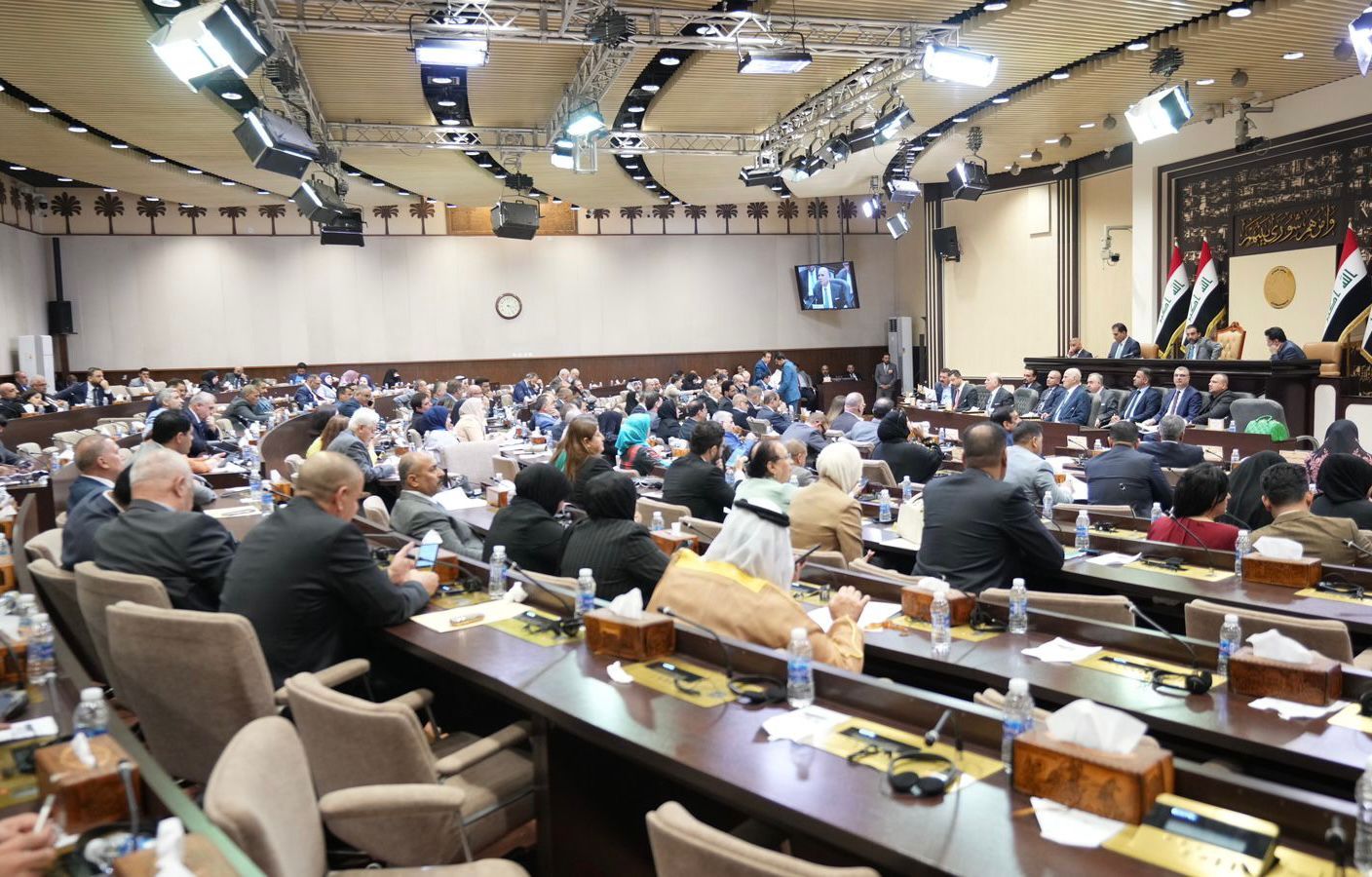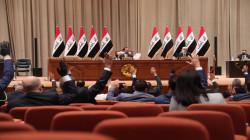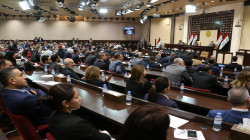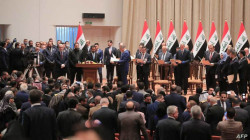Iraqi parliament to host talks on Kurdistan's oil exports with federal, regional ministers

Shafaq News/ Iraq's parliamentary finance committee is slated to host deliberations involving federal oil minister, Hayyan Abdul-Ghani, and the acting Minister of Natural Resources in the Kurdistan region, Kamal Muhammad Saleh, on the resumption of oil exports via the pipeline leading to Turkey's Ceyhan port.
As detailed in Article 13 of the budget, the Kurdistan region is mandated to deliver no less than 400,000 barrels of crude oil daily to the SOMO company to be exported via the Ceyhan port.
Muhammad Nouri, a member of the committee, in a statement to Shafaq News Agency, said that the financial parliamentary committee has resolved to host Abdul-Ghani and Saleh in the coming days to discuss the pressing oil matters in the Kurdistan region, particularly the collaborative understanding on the oil exports and revenues and their submission to the federal government.
The discussion will also encompass detailed understanding on the volume of oil revenues of the region and the modalities of transferring them to Baghdad while establishing transparency on the real statistics pertaining to oil exports and the financial revenues derived from them.
The meeting, according to the lawmaker, intends to explore the resumption of oil exports through the Ceyhan Turkish line and the progress of the talks with the Turkish side.
Yesterday, Turkey's Minister of Energy, Alp Arslan Bayraktar, announced the completion of the inspection of the oil pipeline from the Kurdistan region to Ceyhan port, affirming that technically, the line will soon be operational.
Turkey had halted the flow through the pipeline located in the Kurdistan region on March 25, following a ruling by the International Chamber of Commerce which mandated Ankara to compensate Baghdad due to oil exports conducted via the Kurdistan region without federal government consent from 2014 to 2018.
Following this ruling, Turkey initiated maintenance work on the pipeline, which traverses a seismically active region and had incurred damage due to earthquakes spurred floods that struck the southern region last February 6.
It is noteworthy that the Kurdistan Region Oil Industry Association had stated late last August that the halt in exports to Ceyhan port had induced losses of about 4 billion dollars both for producers and the Iraqi government. The region’s producers had been compelled to reduce production since the cessation of oil flow through this significant pipeline.





